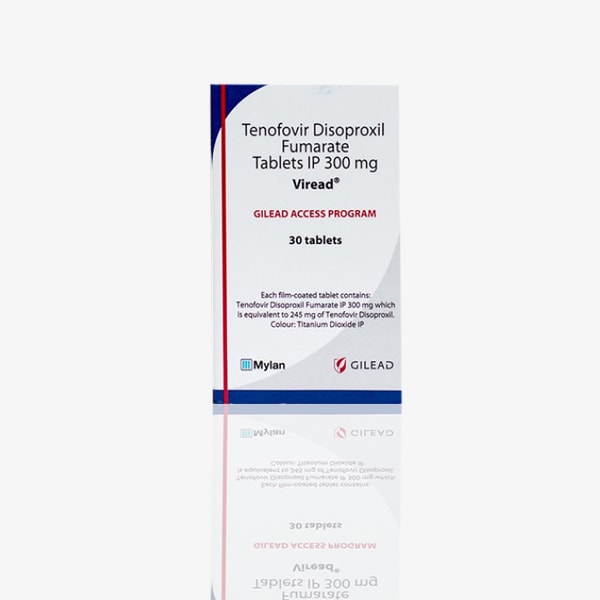

Buy Synthivan : Atazanavir & Ritonavir Tablet 30’S Online
$61.50
Brand Name : Synthivan
Composition : Atazanavir & Ritonavir
Manufactured by : Cipla Ltd.
Strength : Atazanavir Sulfate 300 mg and Ritonavir 100 mg
Form : Tablets
Packing : Pack of 30 Tablets
Prescription Required *

Buy Synthivan : Atazanavir & Ritonavir Tablet 30’S Online
$61.50
- Description
- Reviews (0)
Description
Usage: Synthivan is a fixed-dose combination medication used in the treatment of HIV (human immunodeficiency virus) infection. It contains two active substances: atazanavir, a protease inhibitor, and ritonavir, a pharmacokinetic enhancer. This combination therapy is often prescribed as part of highly active antiretroviral therapy (HAART) to suppress viral replication and reduce the viral load in individuals with HIV.
Mechanism of Action:
- Atazanavir: Atazanavir inhibits the HIV protease enzyme, which is essential for the processing of viral polyproteins into functional proteins required for viral replication. By blocking protease activity, atazanavir prevents the production of mature infectious viral particles.
- Ritonavir: Ritonavir is a pharmacokinetic enhancer that inhibits certain liver enzymes responsible for metabolizing atazanavir. By inhibiting these enzymes, ritonavir increases the plasma levels and prolongs the half-life of atazanavir, enhancing its antiretroviral effect.
Dosage and Administration: The dosage of Synthivan is determined by a healthcare professional based on various factors, including the patient’s weight, other medications being taken, and any pre-existing medical conditions. It is usually taken orally once daily, with or without food.
Treatment Regimens: Synthivan is used as part of combination antiretroviral therapy for the treatment of HIV infection. The specific treatment regimen may vary depending on factors such as the patient’s treatment history, viral load, CD4 cell count, and potential drug interactions.
Monitoring and Adjustments: Patients undergoing treatment with Synthivan may undergo regular medical monitoring, including viral load testing, CD4 cell count measurements, and laboratory tests to assess liver function and other parameters. Dosage adjustments or changes in the treatment plan may be made based on the individual’s response and any observed side effects.
Side Effects: Common side effects of Synthivan may include gastrointestinal symptoms (such as nausea, diarrhea, or abdominal discomfort), headache, rash, and changes in lipid levels. Serious side effects can include liver toxicity, pancreatitis, and drug interactions. Patients should report any unusual or severe side effects to their healthcare provider.
Precautions: Before starting Synthivan, patients should inform their healthcare provider about their medical history, current medications, and any pre-existing conditions, especially liver or kidney problems. Synthivan may interact with certain medications, so it’s essential to disclose all medications being taken.
Conclusion: Synthivan is a fixed-dose combination medication used in the treatment of HIV infection. It contains atazanavir and ritonavir, which work together to suppress viral replication and reduce the viral load. Patients prescribed Synthivan should closely follow their healthcare provider’s instructions and report any concerns or side effects promptly.
Be the first to review “Buy Synthivan : Atazanavir & Ritonavir Tablet 30’S Online” Cancel reply
Related Products
Buy Anzavir R : Atazanavir & Ritonavir Tablets Online
Total Sales: 0
SKU: 731346
Buy Daruvir : Darunavir 300 mg Tablets Online
Total Sales: 0
SKU: 111377
Buy Isentress : Raltegravir 400 mg Tablets 60'S Online
Total Sales: 0
SKU: 747591
Buy Ritomune : Ritonavir 100 mg Tablets Online
Total Sales: 0
SKU: 318178
Buy Viread : Tenofovir Fumarate 300 mg Tablets Online
Total Sales: 0
SKU: 481491








Reviews
There are no reviews yet.